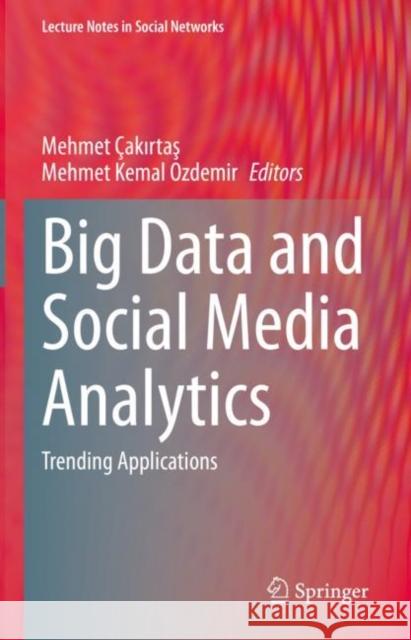Big Data and Social Media Analytics: Trending Applications » książka
topmenu
Big Data and Social Media Analytics: Trending Applications
ISBN-13: 9783030670436 / Angielski / Twarda / 2021 / 245 str.
Big Data and Social Media Analytics: Trending Applications
ISBN-13: 9783030670436 / Angielski / Twarda / 2021 / 245 str.
cena 602,40
(netto: 573,71 VAT: 5%)
Najniższa cena z 30 dni: 578,30
(netto: 573,71 VAT: 5%)
Najniższa cena z 30 dni: 578,30
Termin realizacji zamówienia:
ok. 22 dni roboczych.
ok. 22 dni roboczych.
Darmowa dostawa!
Kategorie:
Kategorie BISAC:
Wydawca:
Springer
Seria wydawnicza:
Język:
Angielski
ISBN-13:
9783030670436
Rok wydania:
2021
Wydanie:
2021
Numer serii:
000408261
Ilość stron:
245
Waga:
0.54 kg
Wymiary:
23.88 x 19.56 x 1.78
Oprawa:
Twarda
Wolumenów:
01











